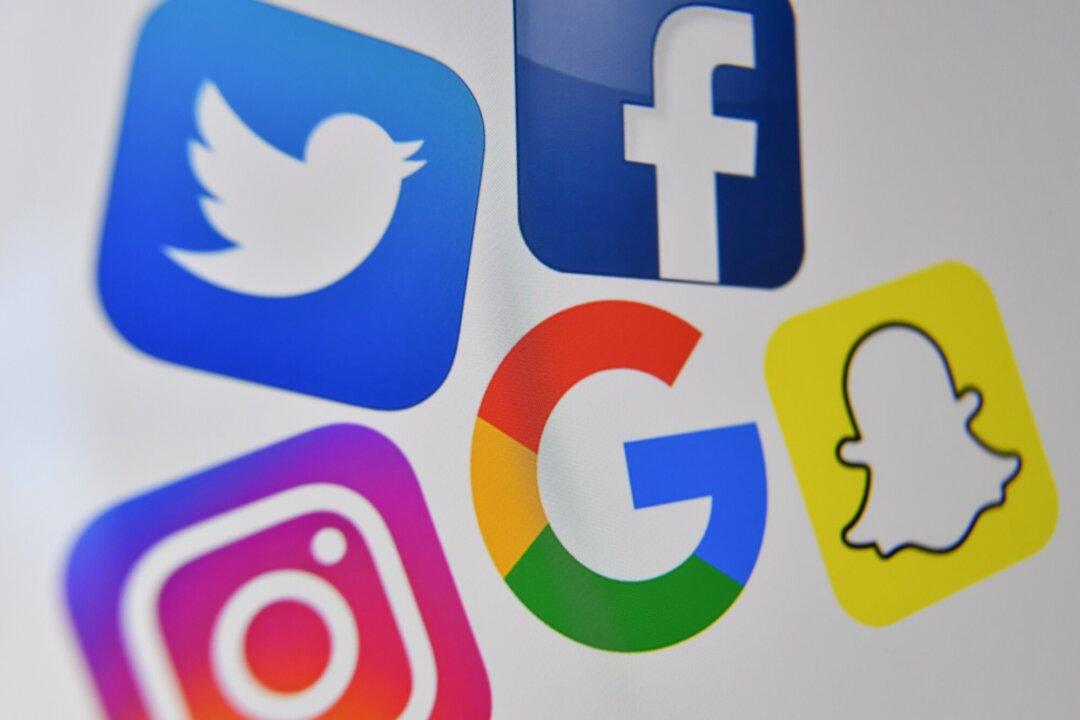The Supreme Court has scheduled oral argument in Murthy v. Missouri, which involves multiple states and medical professionals suing the Biden administration for allegedly coercing social media companies to suppress certain content about COVID-19.
Missouri brought the suit along with Louisiana, social media users, and the founder of Gateway Pundit. Among the defendants are dozens of Biden administration officials including Surgeon General Vivek Murthy and White House Press Secretary Karine Jean-Pierre. President Biden was a defendant in the case, previously known as Biden v. Missouri, while it went through the Fifth Circuit but was later removed, along with others like Food and Drug Administration, because the district court ultimately didn’t enter injunctive relief against them.





